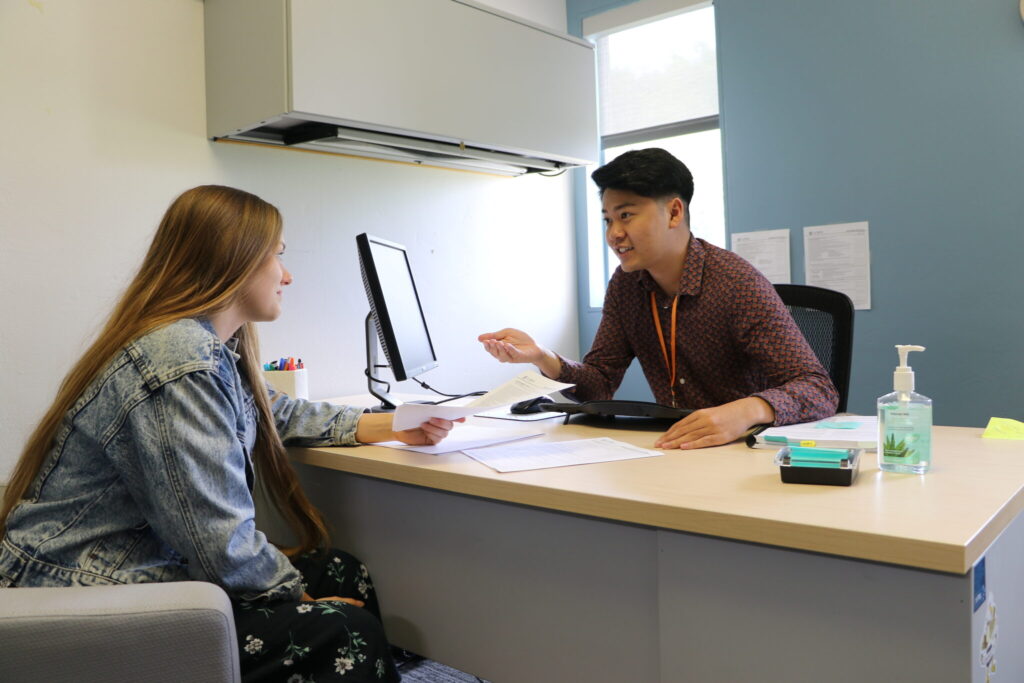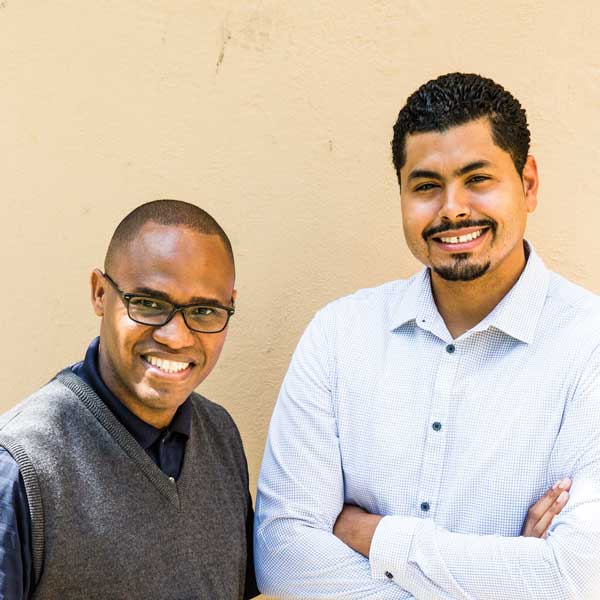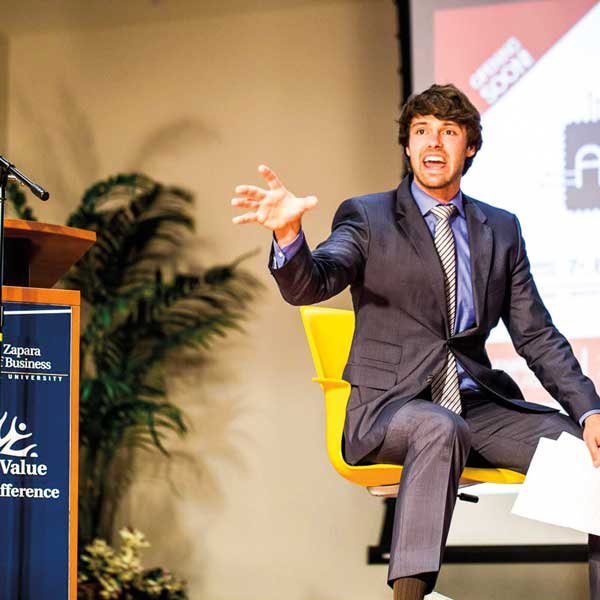
From the day you arrive to the day you finish your degree (and beyond), you’ll have trusted allies in the Office of Advising and Career Success.
When La Sierra University revamped its undergraduate advising model two years ago, says Rakel Engles, the benefits of the new approach boiled down to two words.
“Personal attention,” she says. “We’re working with you all four years, face to face. You’ll communicate regularly with your student adviser from day one through graduation to make sure you have an academic plan and you’re sticking to it.”
Engles, who directs La Sierra’s Office of Advising and Career Success (OACS), says the new student advising program incorporates changes that were requested by students themselves.
“We used to provide intensive advising for first-year students,” Engles says, “including freshmen and new transfers. But after that first year, student advising was purely optional.”
When La Sierra reorganized its undergraduate advising department in 2017, Engles sought input from faculty, administrators, and students themselves. And the message from students came through loud and clear.
“They like having a trusted adviser who knows them well,” Engles explains. “They don’t want to be bossed around or prevented from making their own choices. But sometimes there are hard decisions to make. When you’re weighing options, it really helps to have a sounding board.”
Here are the key reasons why La Sierra’s new student advising model works so well.
The student advising process at La Sierra begins before you’re officially enrolled. That’s the first of four ways our advising model puts you in a position to succeed:
1.) We start you off on the right foot. All new students attend a full-day, personalized orientation visit during summer or winter break, meeting one-on-one with a student adviser before classes officially start. This meeting lets you gather information about La Sierra, review financial aid, schedule placement tests if necessary, evaluate transfer credits (if applicable), and sketch out a rough academic road map.
“Our advising program gets new students thinking about graduation from the moment you arrive at La Sierra,” Engels says. “You need the chance to explore and take some risks, but there’s also an imperative to make every semester count. Our student advisers are great at balancing both needs, so you’re making choices within a practical framework.”
2.) We make it easy to get answers. First-year students take a one-credit course all three quarters to get equipped with the tools and resources they’ll need to succeed. Co-taught by faculty and the student advising staff, the course introduces La Sierra’s user-friendly Navigate app, which makes it easy to schedule student advising appointments, get course information, request tutoring or other academic support, and track your progress toward a degree.
“The app puts the answers to a lot of questions right at your fingertips,” Engels explains. “The bigger thing is, it encourages people to ask questions and seek information. You’re going through a huge transition into adulthood, so nobody expects you to know everything. All you need to know is that you have easy access to support any time there’s something you feel uncertain about.”
3.) We pair you with an adviser who has deep knowledge about your major. At the end of the first year, you’ll be paired with a student adviser who has specialized expertise within your chosen field of study. You’ll receive guidance from somebody with deep knowledge about your department’s faculty and course options. More importantly, your major adviser can help you make academic choices that strengthen your resume or your graduate school application.
4.) We stay engaged for all four years. After your first year, you’re required to meet with your major adviser a minimum of once per academic year all the way through graduation. But many students meet far more often with their advisers, scheduling quarterly or monthly meetings, or simply reaching out whenever they have a question.
“Sometimes it just helps to know somebody’s paying attention,” Engels says. “Our students like having a person they trust to bounce ideas off of—or to get reinforcement when they lack focus or feel overwhelmed.”
In addition to meeting regularly with your personal adviser, you can also attend group events and student advising workshops that cover subjects such as test taking, time management, stress relief, and campus safety.
The new student advising model is only a few years old, but Engels says the response has been very favorable.
“The feedback has been, ‘We like this. Give us more,’” she says. “We want to be there for you from start to finish.”
Tell Me More
Want to know more about La Sierra’s Office of Advising and Career Services? Contact us at (951) 785-2452, or email us at oacs@lasierra.edu. Additionally, during COVID-19, OACS is continuing to serve students online and has created a virtual front desk.



